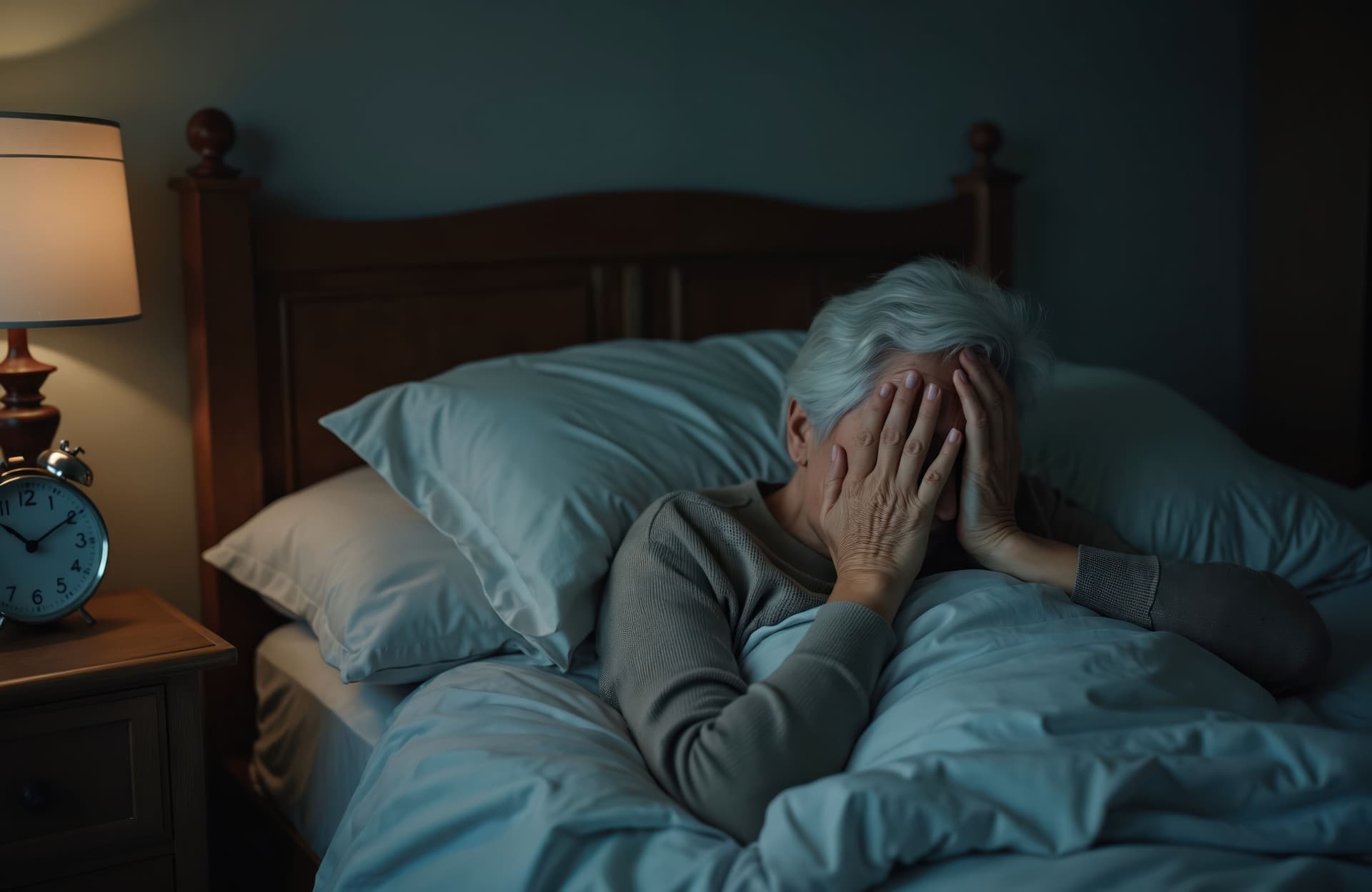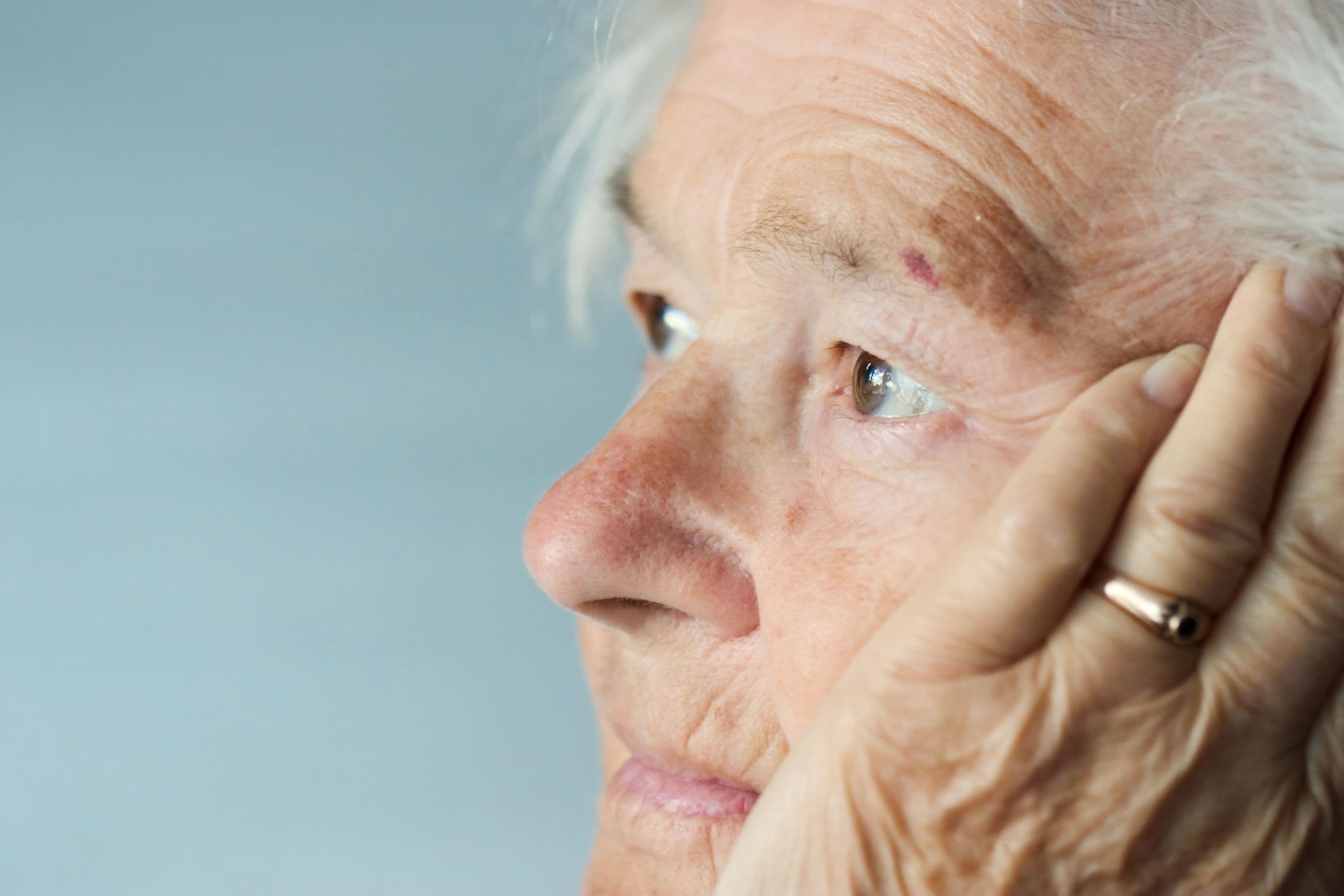For families, placing a loved one in a nursing home is an act of trust and hope for compassionate care. The thought of that trust being violated by sexual abuse is almost unimaginable, yet it is a reality in facilities across the United States. Sexual abuse in nursing homes is both a devastating personal trauma for the victim and a catastrophic failure of care and oversight by the facility. Recognizing the signs, understanding prevention, and knowing your legal options are essential steps for families seeking justice and accountability.
What Is Sexual Abuse in a Nursing Home?
Sexual abuse refers to any non-consensual sexual contact or activity—ranging from inappropriate touching and exposure to rape and sexual assault. It can be perpetrated by staff, other residents, visitors, or even outside intruders. Due to cognitive or physical limitations, many residents are unable to give consent or to defend themselves, making them especially vulnerable targets.
Why Is Sexual Abuse Underreported?
Several factors make sexual abuse in nursing homes difficult to detect and underreported:
- Fear of Retaliation: Victims may fear further harm if they report abuse.
- Cognitive Impairment: Residents with dementia or other conditions may not be able to communicate what happened or be believed.
- Shame and Stigma: Elderly victims often feel embarrassment or guilt.
- Staff Cover-Ups: Facilities may downplay or hide incidents to protect their reputation.
- Lack of Family Presence: Infrequent visitors may miss the warning signs or changes in behavior.
This silence allows abuse to continue unchecked and perpetrators to escape accountability.
Warning Signs of Sexual Abuse
Families and facility staff should be alert for:
- Unexplained Bruising, Bleeding, or Injuries: Particularly in the genital or anal area.
- Torn, Stained, or Missing Undergarments: Sudden changes in clothing or hygiene.
- Sexually Transmitted Infections: New diagnoses without plausible explanations.
- Sudden Behavioral Changes: Fear, withdrawal, depression, panic attacks, or flinching at touch.
- Regression or Childlike Behaviors: Incontinence, rocking, or refusal to communicate.
- Inappropriate Relationships: Unusual attention or gifts from staff, visitors, or other residents.

Never dismiss a resident’s claim of abuse as confusion—always investigate thoroughly.
How Can Sexual Abuse Be Prevented?
Facilities must take proactive steps to prevent sexual abuse:
- Screen and Train Staff: Rigorous background checks and specialized training to recognize and report abuse.
- Monitor Resident Interactions: Staff supervision in common areas and prompt separation of residents with known aggressive behaviors.
- Install Security Systems: Cameras in hallways and secured entrances/exits.
- Establish Clear Reporting Protocols: Immediate reporting and investigation of any allegation.
- Encourage Family Involvement: Regular visits and open communication help residents feel safer and more likely to report concerns.
- Create a Zero-Tolerance Culture: Make clear to all staff, residents, and families that abuse of any kind will not be tolerated.
Facilities that fail in these responsibilities may be legally liable for harm.
What Should Families Do If They Suspect Sexual Abuse?
If you believe your loved one has been sexually abused in a nursing home:
- Ensure Immediate Safety: Remove the resident from harm if possible and seek medical attention for injuries or trauma.
- Report to Authorities: Call the police, Adult Protective Services, or your local ombudsman—sexual abuse is a crime and must be treated as such.
- Request Documentation: Ask the facility for all incident reports, staff logs, and relevant surveillance footage.
- Document Everything: Take notes, photos of injuries, and keep records of conversations.
- Seek Counseling: Arrange for a mental health evaluation and ongoing support for the victim.
- Contact an Attorney: Protect Seniors Law Firm can investigate, preserve evidence, and guide your family through the legal process.
How Protect Seniors Law Firm Supports Victims
The attorneys at Protect Seniors Law Firm are deeply experienced in helping survivors of nursing home sexual abuse and their families:
- Confidential and Compassionate Consultation: Providing a safe space for families to discuss their situation and get answers.
- Thorough Investigation: Working with medical, forensic, and security experts to build a strong case.
- Pursuing Justice: Filing claims against facilities, staff, or others responsible for abuse and seeking compensation for pain, trauma, medical costs, and other damages.
- Driving Reform: Legal action can pressure facilities to improve safety, reporting, and staff training to protect other residents.
- Supporting Healing: Connecting families with victim advocates, counselors, and support resources.
Conclusion
Sexual abuse in nursing homes is a profound violation that demands a swift and serious response. No resident should suffer in silence or fear. If your loved one has been harmed, you are not alone—and you do have powerful legal options. Protect Seniors Law Firm stands ready to help families pursue justice, promote healing, and create a safer future for all seniors in long-term care.

